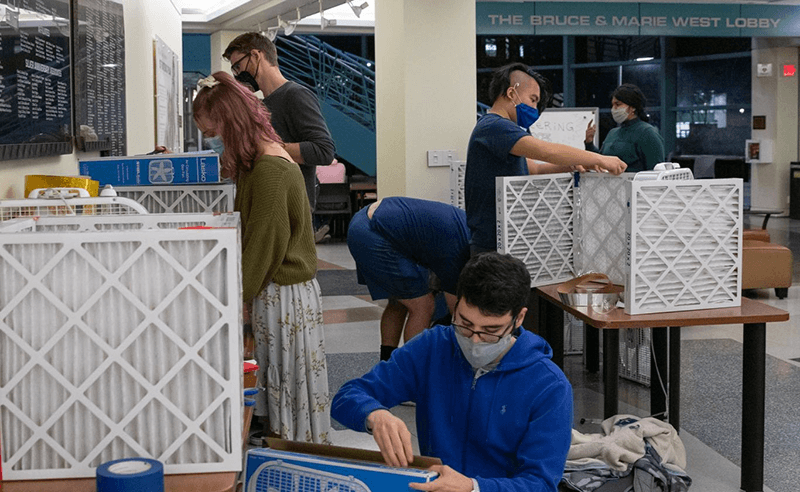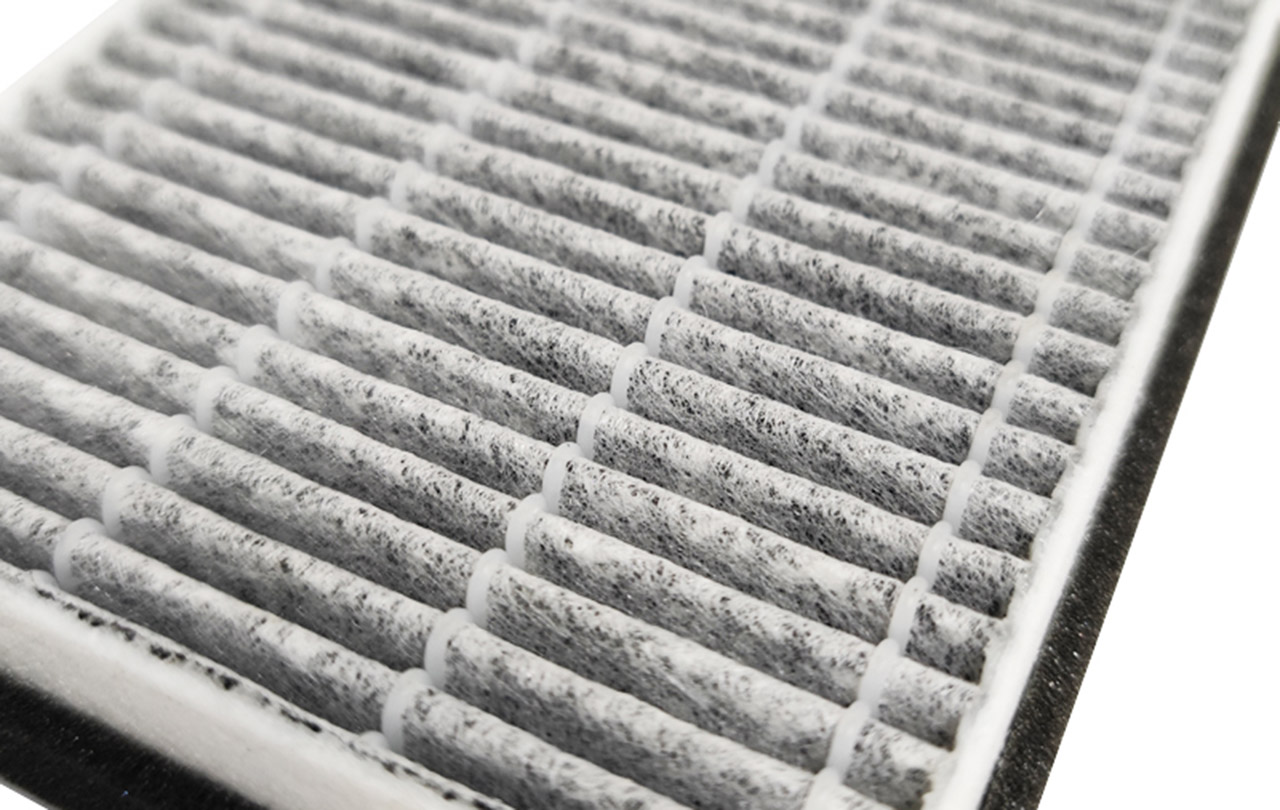The Importance of Air Filtration for Schools and Universities
Air quality is a key factor in maintaining healthy and efficient learning environments in schools and universities. As awareness of the impact of indoor air pollution on student health and academic performance increases, the importance of air filtration systems cannot be overstated. In this article, we’ll explore the importance of air filtration in educational institutions and the benefits it brings to students, faculty, and staff.
Air quality within educational facilities directly affects the health and well-being of students and staff. Poor indoor air quality can lead to a range of health problems, including respiratory problems, allergies and asthma. Additionally, exposure to indoor air pollutants is associated with decreased cognitive function and academic performance in students. Therefore, implementing an effective air filtration system is critical to creating a safe and healthy learning environment.
Air filtration systems play a vital role in removing air pollutants such as dust, pollen, mold spores, and volatile organic compounds (VOCs) from indoor air. These pollutants can come from a variety of sources, including building materials, cleaning products and outdoor air pollution. By capturing and removing these pollutants, air filtration systems help reduce the risk of respiratory problems and allergic reactions for students and staff.

In addition, the air filtration system helps maintain a clean and comfortable learning environment. By reducing the presence of particles and odors in the air, these systems help create a more pleasant atmosphere within classrooms, lecture halls, and other educational spaces. This, in turn, can have a positive impact on students’ attention, focus, and overall well-being, thereby improving academic performance.
In addition to health and comfort benefits, an effective air filtration system can increase energy efficiency and cost savings for educational institutions. By removing contaminants from the air, these systems help prevent the build-up of dust and dirt in HVAC systems, which can lead to reduced efficiency and increased energy consumption. By maintaining clean air filters and efficient ventilation systems, schools and universities can lower energy costs and reduce the need for frequent maintenance and repairs.
When selecting an air filtration system for an educational facility, it is important to consider the specific needs and requirements of the institution. Factors such as the size of the building, the number of occupants, and the presence of specific indoor air pollutants should be considered. High-efficiency particulate air (HEPA) filters, electrostatic precipitators, and activated carbon filters can effectively remove different types of air pollutants.

In conclusion, the importance of air filtration in schools and universities cannot be ignored. By investing in high-quality air filtration systems, educational institutions can create a healthier, more comfortable, and more productive learning environment for students, faculty, and staff. Given the many benefits of air filtration, schools and universities must prioritize implementing effective air quality management strategies. By doing so, they ensure the well-being and success of the educational community.






